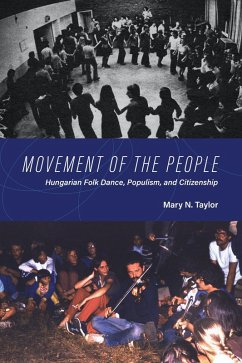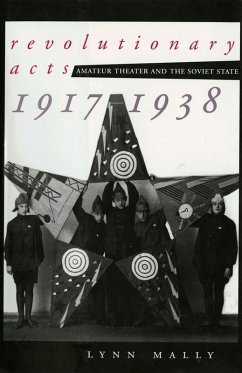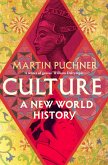Since 1990, thousands of Hungarians have vacationed at summer camps devoted to Hungarian folk dance in the Transylvanian villages of neighboring Romania. This folk tourism and connected everyday practices of folk dance revival take place against the backdrop of an increasingly nationalist political environment in Hungary.
In Movement of the People, Mary N. Taylor takes readers inside the folk revival movement known as dancehouse (táncház) that sustains myriad events where folk dance is central and championed by international enthusiasts and UNESCO. Contextualizing táncház in a deeper history of populism and nationalism, Taylor examines the movement's emergence in 1970s socialist institutions, its transformation through the postsocialist period, and its recent recognition by UNESCO as a best practice of heritage preservation.
Approaching the populist and popular practices of folk revival as a form of national cultivation, Movement of the People interrogates the everyday practices, relationships, institutional contexts, and ideologies that contribute to the making of Hungary's future, as well as its past.
In Movement of the People, Mary N. Taylor takes readers inside the folk revival movement known as dancehouse (táncház) that sustains myriad events where folk dance is central and championed by international enthusiasts and UNESCO. Contextualizing táncház in a deeper history of populism and nationalism, Taylor examines the movement's emergence in 1970s socialist institutions, its transformation through the postsocialist period, and its recent recognition by UNESCO as a best practice of heritage preservation.
Approaching the populist and popular practices of folk revival as a form of national cultivation, Movement of the People interrogates the everyday practices, relationships, institutional contexts, and ideologies that contribute to the making of Hungary's future, as well as its past.
Dieser Download kann aus rechtlichen Gründen nur mit Rechnungsadresse in A, D ausgeliefert werden.









